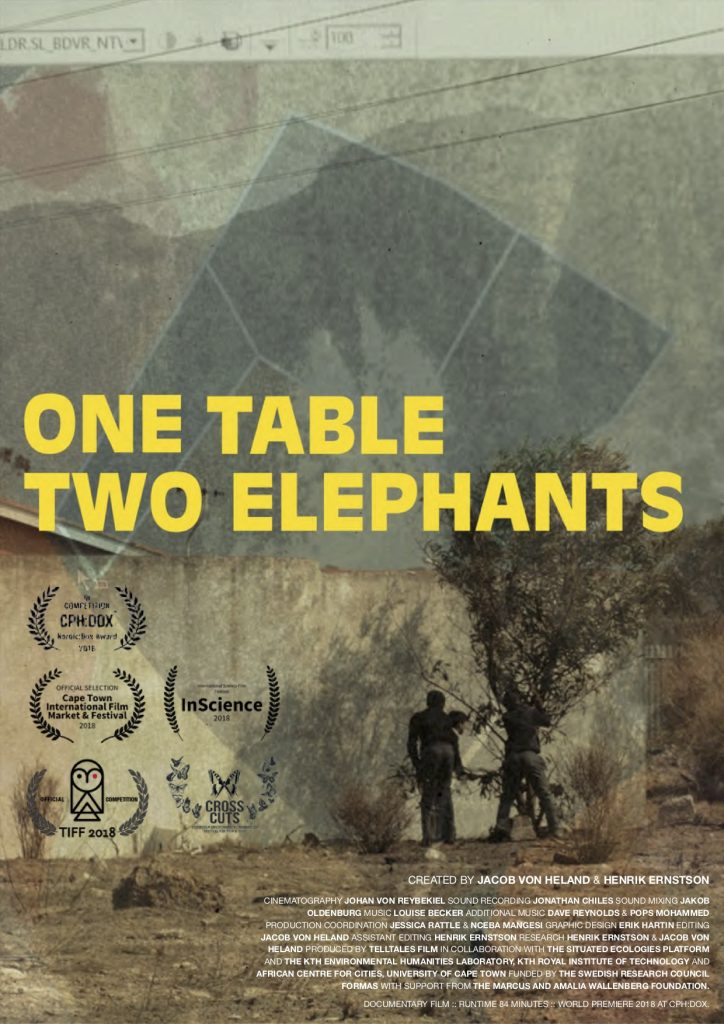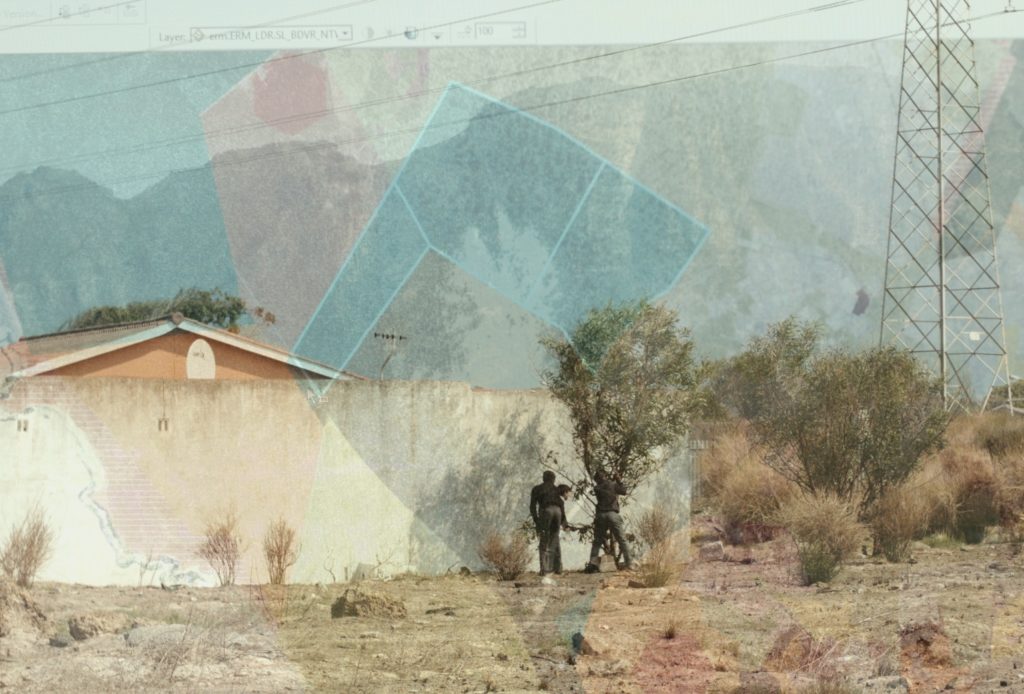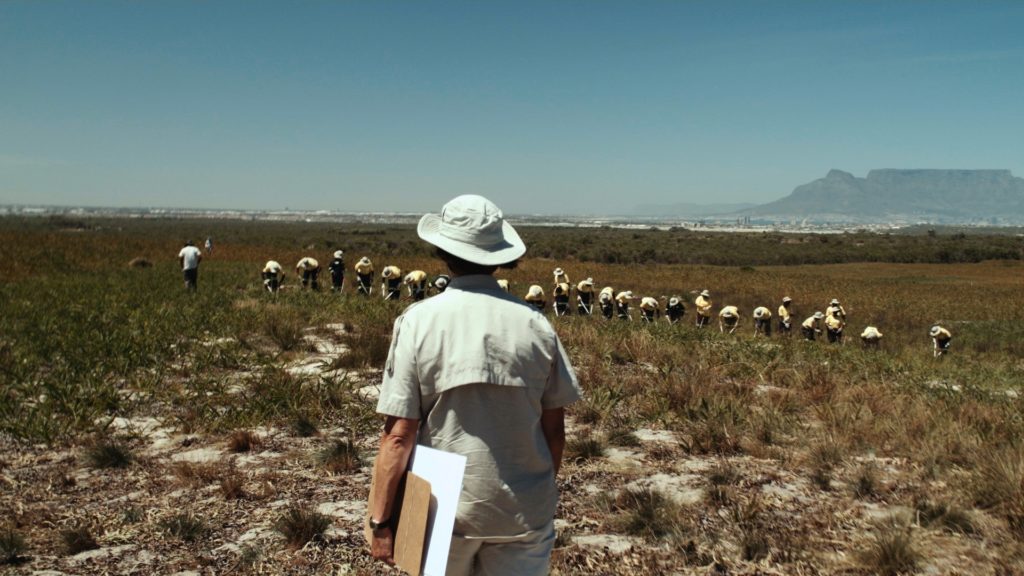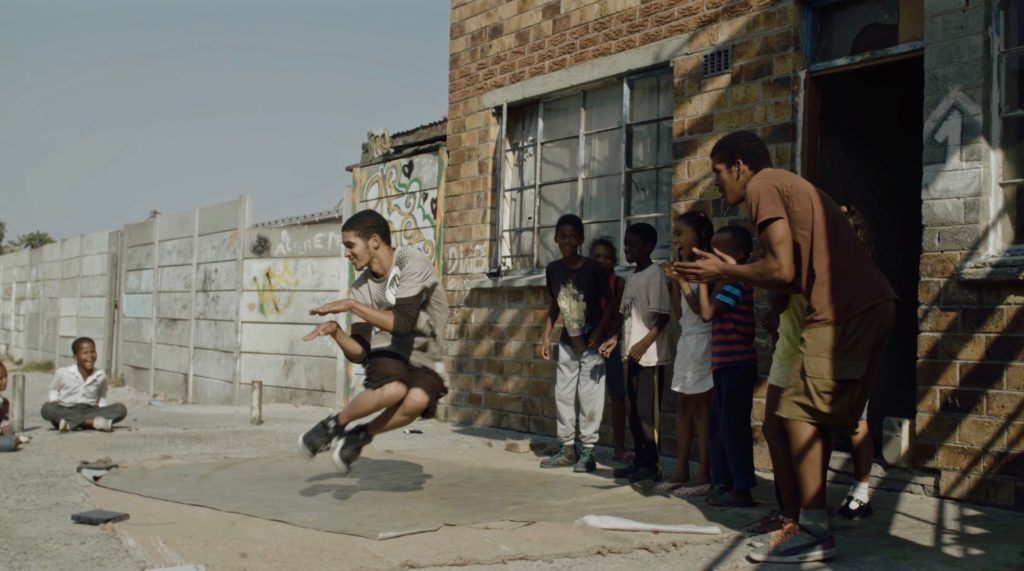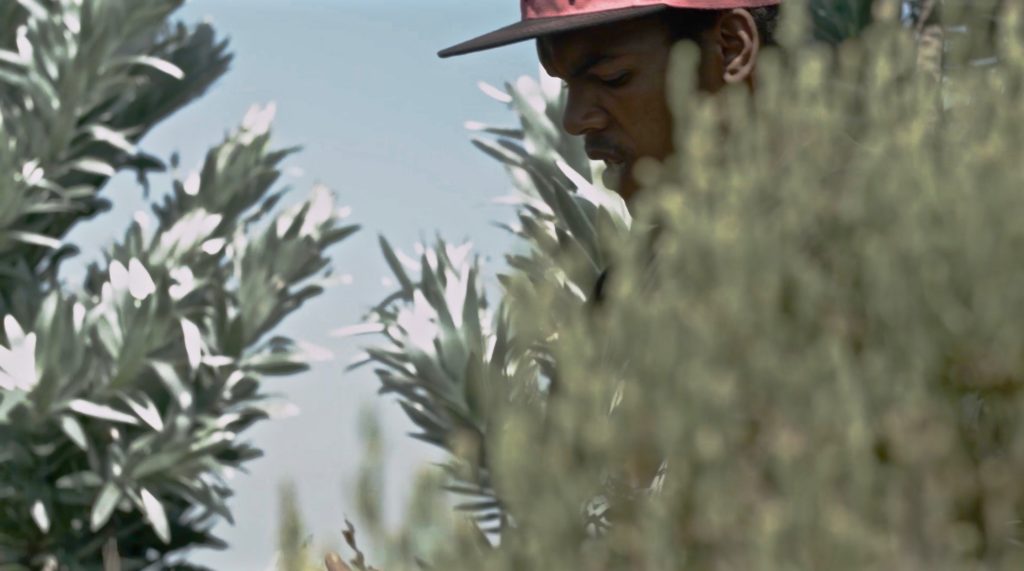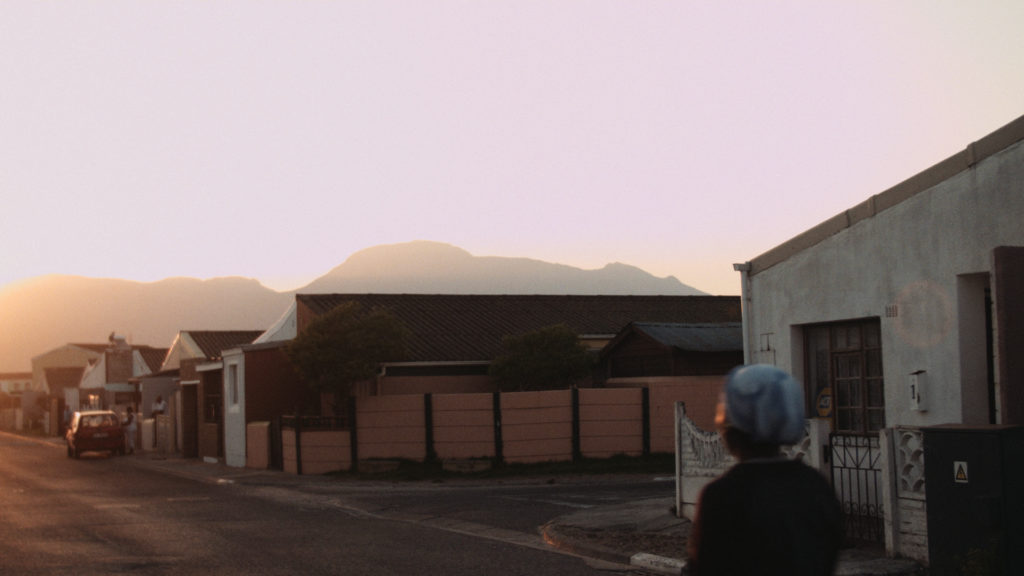Text by Jacob von Heland and Henrik Ernstson.
Dear educators, learners and filmmakers!
We have made the film “One Table Two Elephants” (84 min, 2018) free for use and remixing, except for commercial purposes (CC-BY-NC). This website on our Situated Ecologies Platform provides a link to the full film as well as educational resources, key references, questions for students and reviews, and notes on cinematic ethnography and our trilogy of films on postcolonial ecologies. The website will be updated continuously with new materials as we ourselves—and hopefully you—share your teaching experiences with the film.
Filmed in Cape Town, “One Table Two Elephants” provides a textured and nuanced account of knowledge politics in a postcolonial city, which we have found translates well to many other places. It opens up important questions about nature, urbanization, class, race and the living remains of colonialism. The film deliberately does not tell an easy story, because that is now how things are. Instead we trust the audience to engage and make up their minds and feelings, reading it in diverse ways to engage with one another. Many students have found it intriguing and engaging.
We also believe the film can assist in developing ONLINE TEACHING in these times of COVID19. The film will suit the use of a “flipped classroom,” allowing students to watch the whole or parts of the film before class and read one or two texts, which we have suggested. This preparation provides conditions for a rich discussion. However, there are various other ways of using the film in teaching and learning and we hope you will share with us your teaching experience, either through an email to us, or by posting on social media with the following hashtag: #Teaching1T2E .
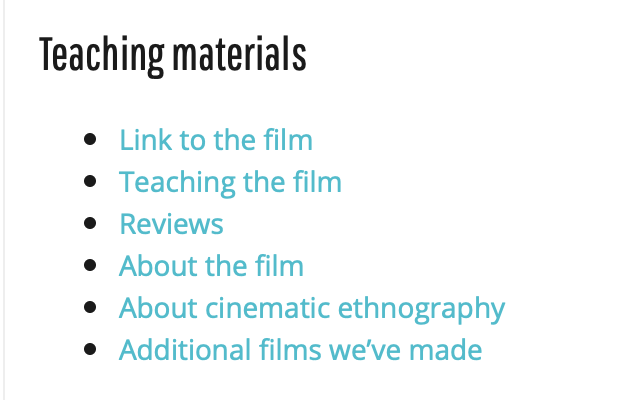
We especially thank Paul Munro and Jim Igoe for using the film in their courses on Political Ecology and Indigenous Landscapes/Anthropology, respectively. We also like to thank Sachiko Ishihara, Asma Mehan and Ruben Hordijk for engaging critically with the film in their own course work. We have learnt from these scholars and students experiences.
Best regards, Jacob von Heland and Henrik Ernstson, Co-directors of The Situated Ecologies Platform.
LINK to #Teaching1T2E: http://www.situatedecologies.net/one-table-two-elephants.
About the film: One Table Two Elephants (84 min, CPH:DOX, 2018) is a cinematic ethnography created by Jacob von Heland and Henrik Ernstson that deals with race, nature and knowledge politics in the postcolonial city (Official trailer). The film has been nominated to several prizes and screened at film festivals in Copenhagen, Cape Town, Tirana, Nijmegen and Stockholm.
Accolades:
- Nominated to Nordic Dox Award with World Premiere at CPH:DOX, Copenhagen International Documentary Film Festival, March 2018.
- Nominated to Best Documentary Feature with African Premiere at Cape Town International Film Festival (CTIF&MF), October 2018.
- Nominated as Best International Documentary at Tirana International Film Festival (TIFF), November 2018.
- Official selection at InScience International Science Film Festival in Nijmegen in November 2018
- Official selection and Swedish premiere at CrossCuts Film Festival for the Environmental Humanities in Stockholm, November 2018.
Scholarly reference: Von Heland, Jacob, and Henrik Ernstson (2018) One Table Two Elephants (84 minutes, cinematic ethnography, film, Color, HD, Dolby 5:1). World Premiere In Competition at CPH:DOX March 20, 2018. The Situated Ecologies Platform (CC-BY-NC): Stockholm. Stable URL (Open Access): bit.ly/1T2Ethefilm.
